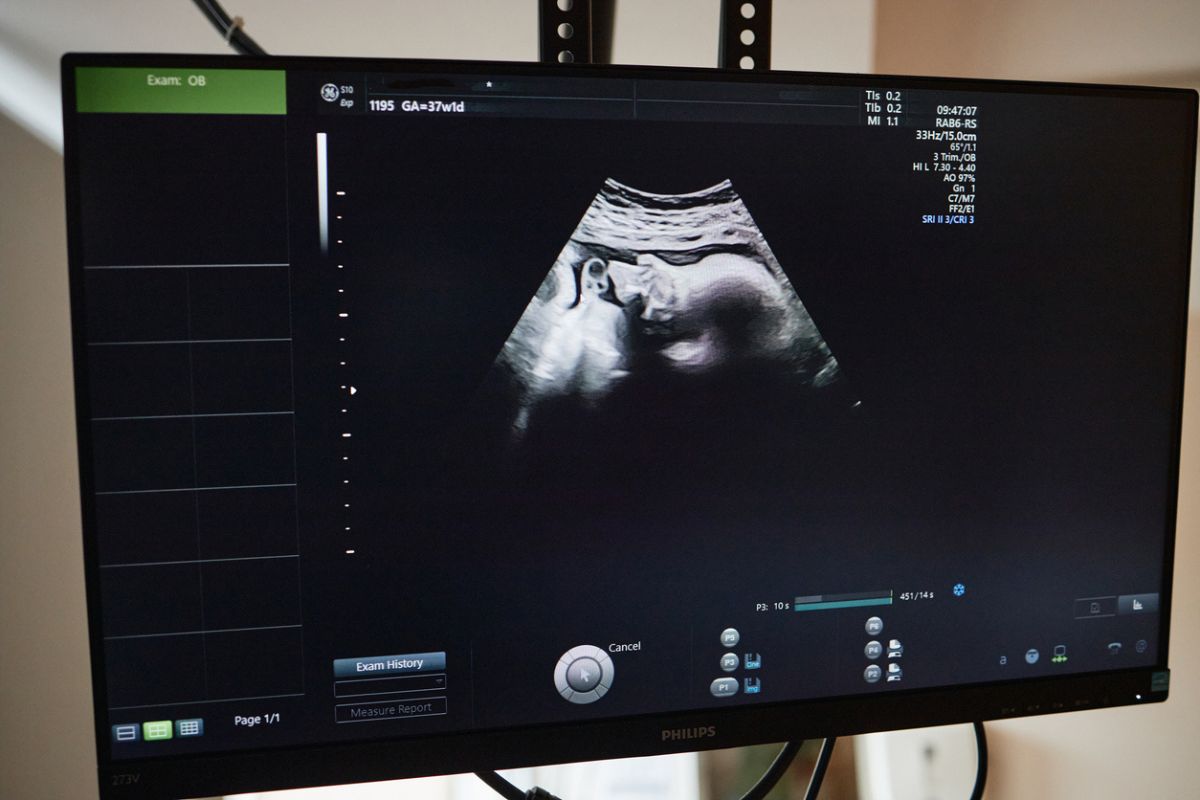This week offers a deep dive into psychedelics, ADHD fluctuations, and efforts to curb adolescent inhalant use.
Weighing Benefits, Risks, and Legal Concerns for Patients
Renewed interest has been ramping up in psychedelics for a while now. Researchers remain intrigued by their potential therapeutic effects. They’re particularly interested in their ability to possibly treat conditions such as depression and PTSD.
Despite their long – and complicated – history, psychedelics such as psilocybin, LSD, and MDMA remain controversial because of their ties to counterculture movements and legal scrutiny. As we all know, these drugs alter one’s consciousness, elevate sensory experiences, and boost neuroplasticity. All of these effects can help patients modify negative thoughts and behaviors.
In clinical settings, caregivers administer psychedelics along with psychological support, emphasizing mindset and environment – set and setting. Existing research reinforces efficacy for:
- Psilocybin-assisted therapy in treatment-resistant depression and alcohol use disorder.
- LSD for anxiety.
- And MDMA for PTSD.
And yet, classic psychedelics remain on regulators’ black lists, classified as Schedule 1 drugs in the United States. As a result, they’re nearly impossible to acquire outside of research settings.
Despite their bad rep, the medical risks of psychedelics are relatively mild. But contraindications persist, especially for anyone with cardiovascular issues or a family history of bipolar disorder or psychosis. Psychedelics can also interact with other medications, such as antidepressants, which can increase the risk of serotonin syndrome when combined with substances such as ayahuasca.
IN OTHER PSYCHIATRY AND NEUROLOGY NEWS
- In The Journal of Clinical Psychiatry, a study demonstrates that ADHD fluctuations are common and substantive and that, when remitted, can help patients manage increased responsibilities.
- Readers write to PCC to discuss harm reduction efforts targeting inhalant use in the adolescent population.
- A JCP commentary piece addresses new findings from the Morbidity and Mortality Weekly Report on the burden of adult ADHD.
- A new brief report explains that recent research that shows that 73 percent of patients with both ADHD and cannabis use were prescribed stimulant medications necessitates enhanced training and education for clinicians.
- And, finally, catch up on the latest PTSD research results.


